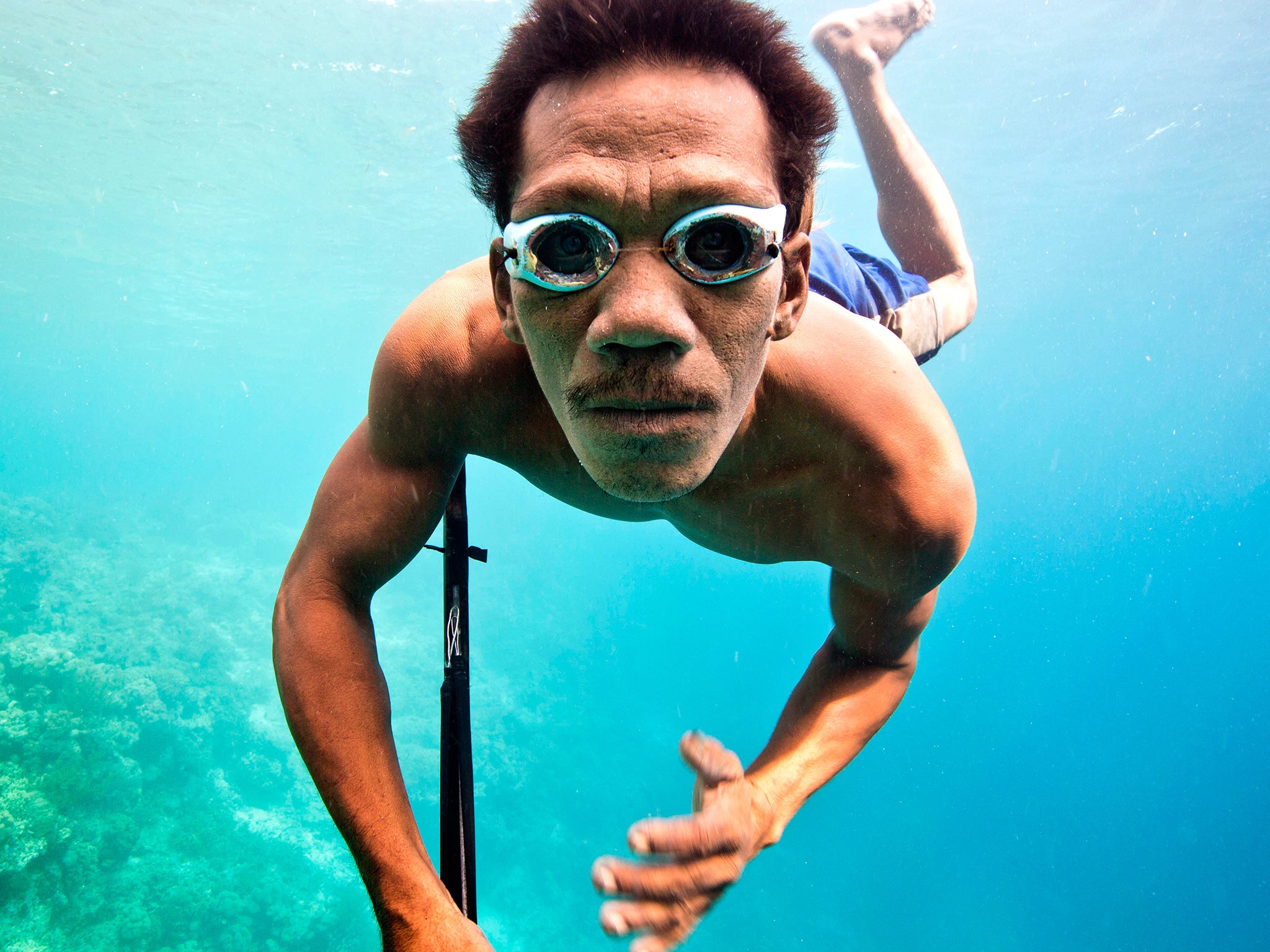Hunters of the South Seas, TV review: An immersive travelogue with a difference
For once the host actually knew what he talking about

Your support helps us to tell the story
From reproductive rights to climate change to Big Tech, The Independent is on the ground when the story is developing. Whether it's investigating the financials of Elon Musk's pro-Trump PAC or producing our latest documentary, 'The A Word', which shines a light on the American women fighting for reproductive rights, we know how important it is to parse out the facts from the messaging.
At such a critical moment in US history, we need reporters on the ground. Your donation allows us to keep sending journalists to speak to both sides of the story.
The Independent is trusted by Americans across the entire political spectrum. And unlike many other quality news outlets, we choose not to lock Americans out of our reporting and analysis with paywalls. We believe quality journalism should be available to everyone, paid for by those who can afford it.
Your support makes all the difference.Explorer and writer Will Millard is better than your average travelogue host, because he actually speaks the language. In this first instalment of three-part series Hunters of the South Seas, Millard uses his fluent Indonesian to not only integrate himself in a unique Western Pacific community, but to take us along too.
The Bajau people are ocean nomads who, until about 50 years ago, lived almost entirely on boats, surviving on fish and bartering their catch on land to supply any other needs. When they did finally settle in one place, it was in Sampela – a spectacular settlement of houses built on stilts and dead coral about 600 metres from the shore.
As Millard sailed towards it after a three-day journey, this impossible village was like something out of Homer’s Odyssey and the sight of it emerging from the horizon is one of two from this programme that will linger. The other was Millard’s host, Kabei, spear fishing underwater in the traditional manner. Even Kabei’s 70-year-old father can reach depths of 15 metres by bending and looping his body with apparently effortless grace. “The economy of movement! The symmetry in the water! Their eyesight!” said an awestruck Millard. “It’s like watching underwater ballet.”
But this idyllic life is not without its hardships. The uneducated Bajau are preyed on by moneylenders and forced to sell their haul at unreasonably low prices on the mainland. Kabei and his family’s total faith in god of the sea, Omboh Dilaut, means they have no fear of the fish stocks being depleted, despite evidence to the contrary.
So that left the conscientious Millard to do their worrying for them. What will happen when they can no longer compete with the industrial fishing techniques of outsiders? And if Kabei refuses to send his children to school, what place is there in the world for eldest son, Lobo, whose disability prevents him from swimming? The future is uncertain for the Bajau, which made this glimpse of their evanescent existence all the more precious.
Join our commenting forum
Join thought-provoking conversations, follow other Independent readers and see their replies
Comments